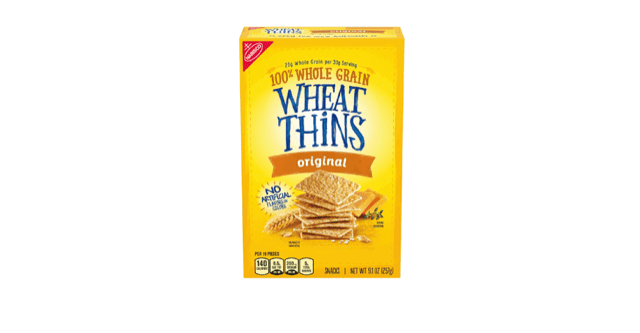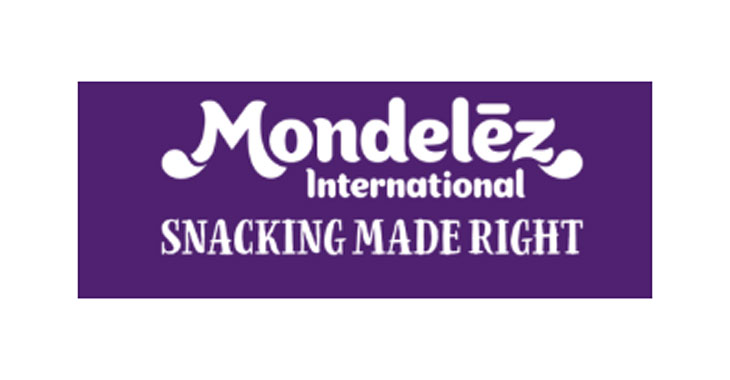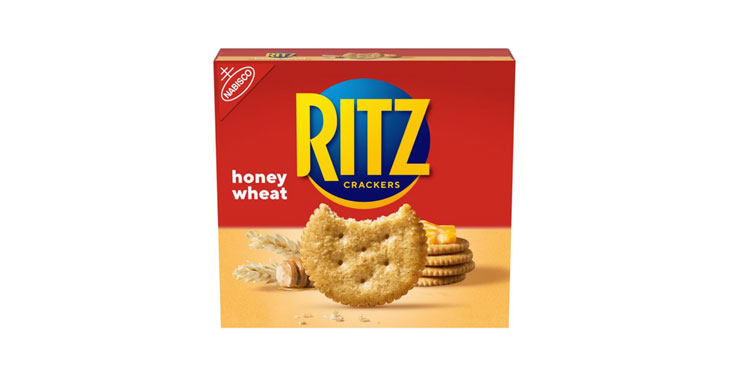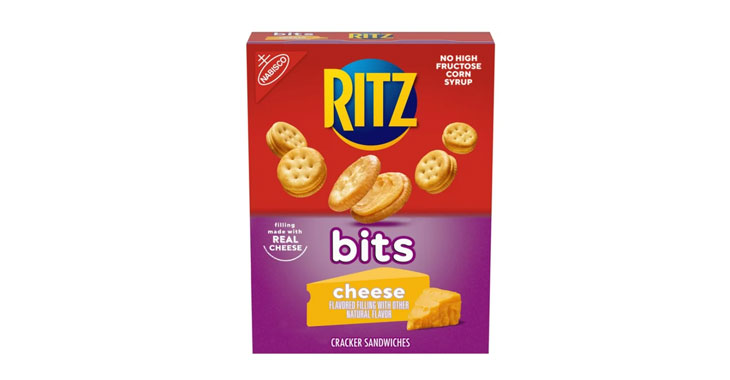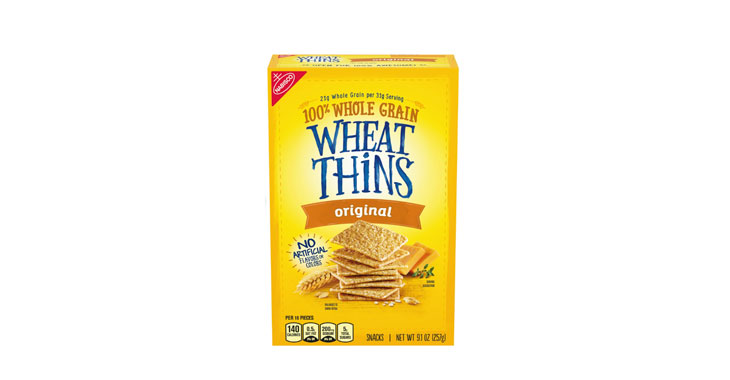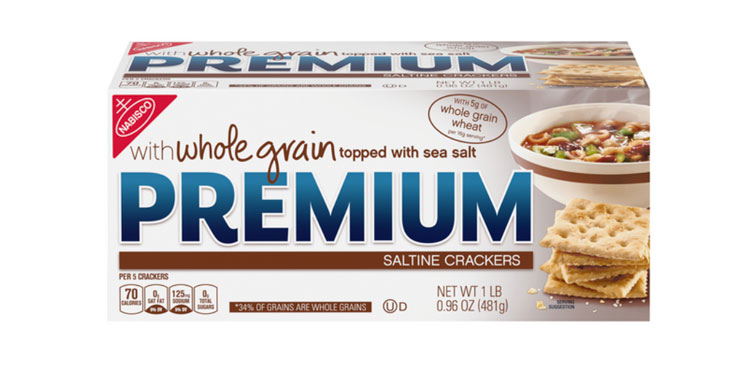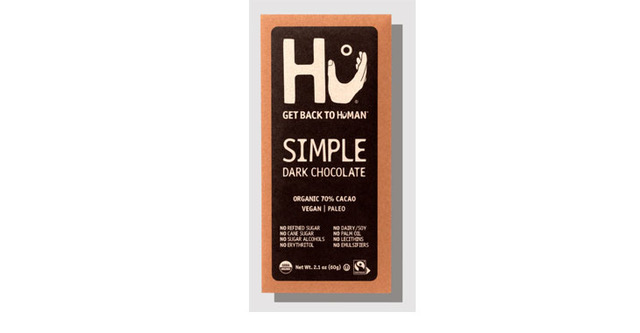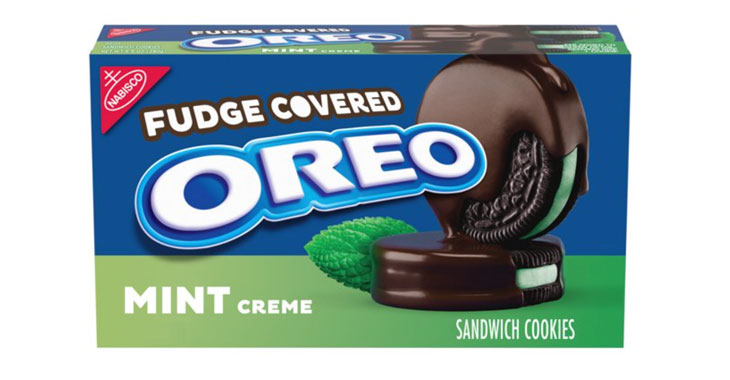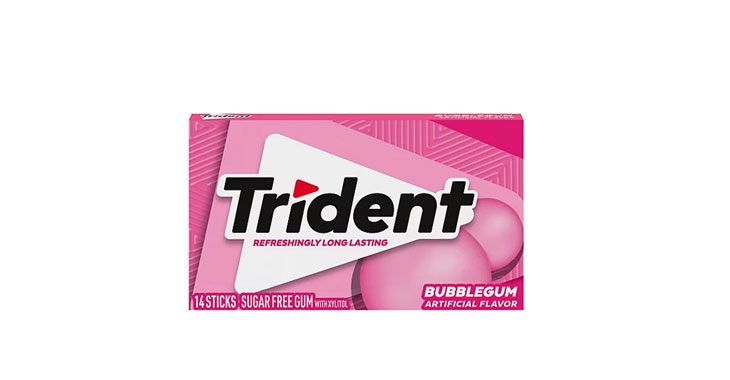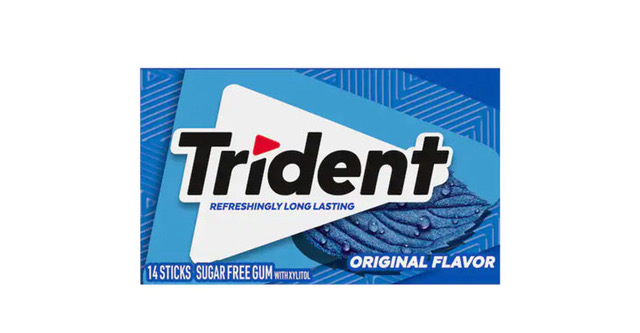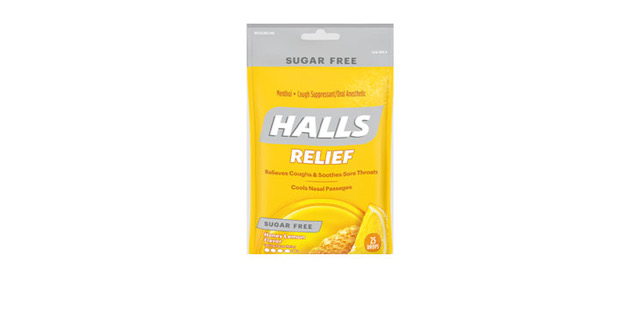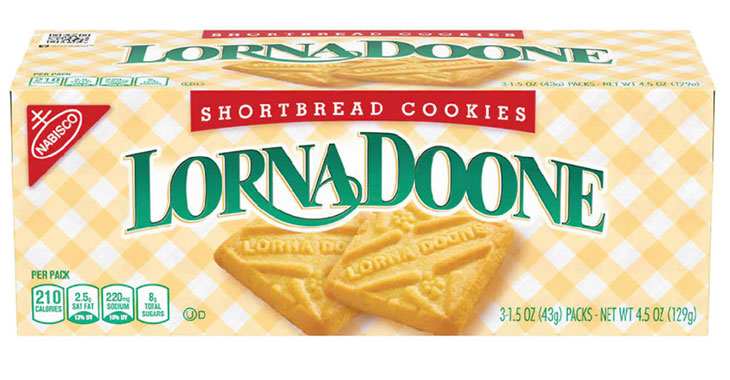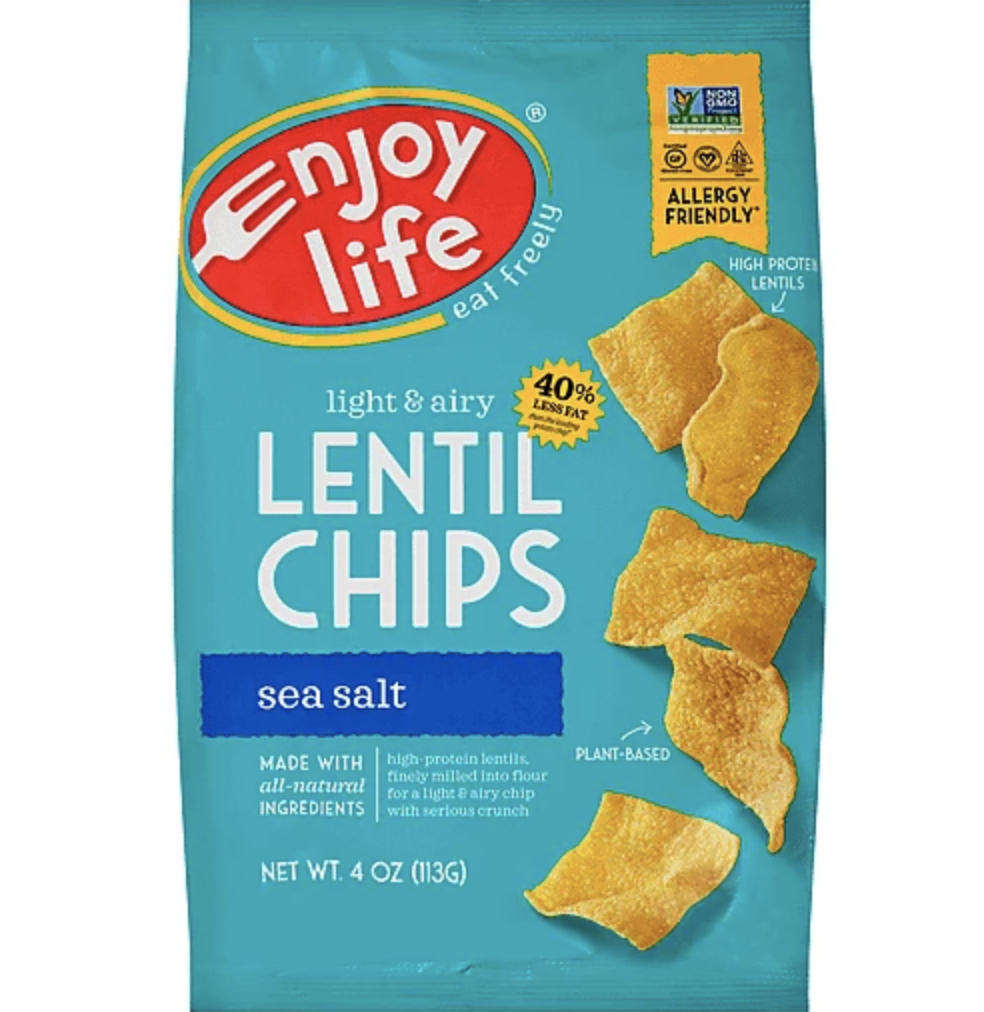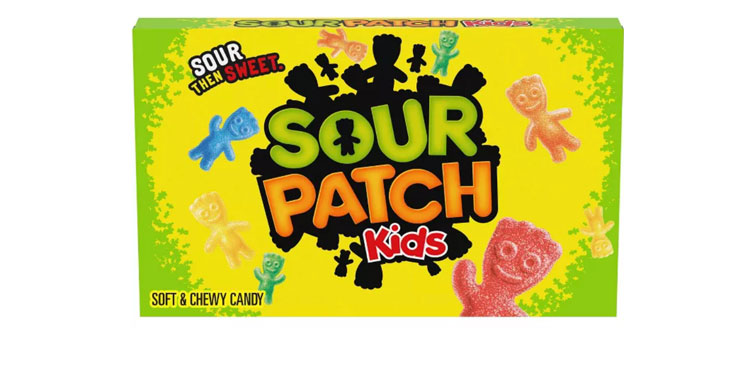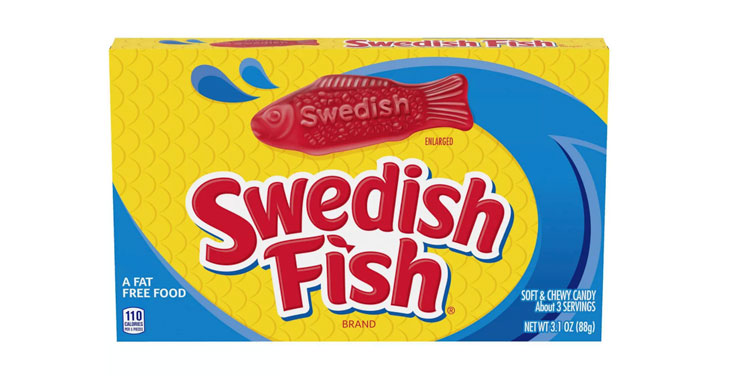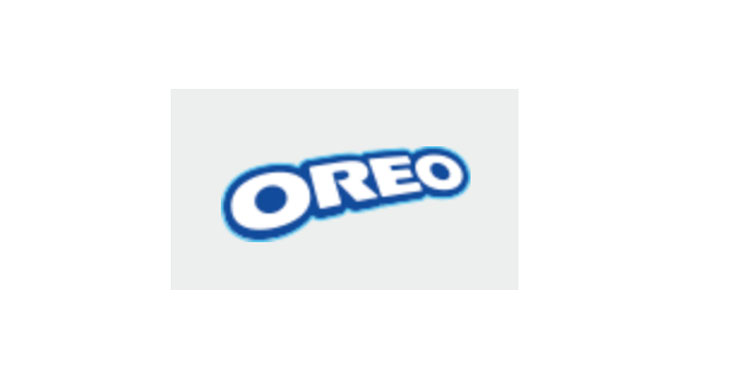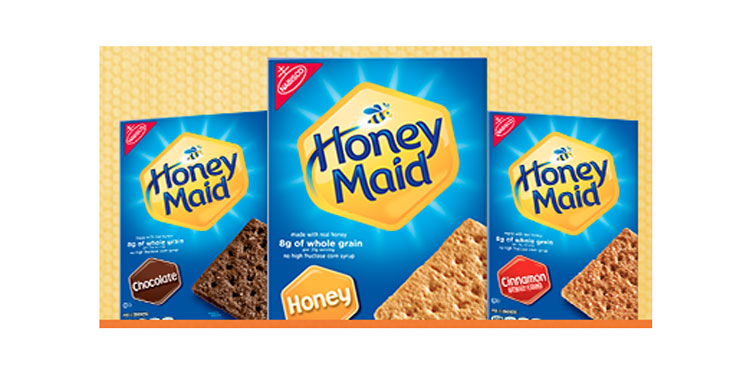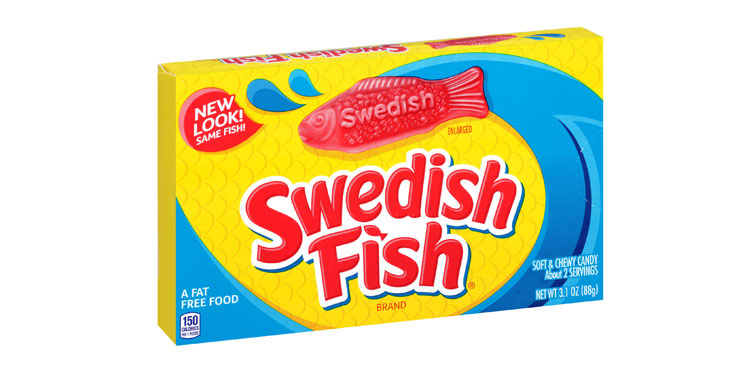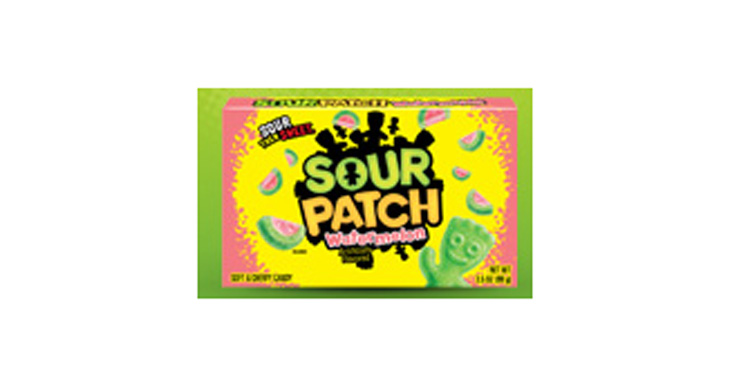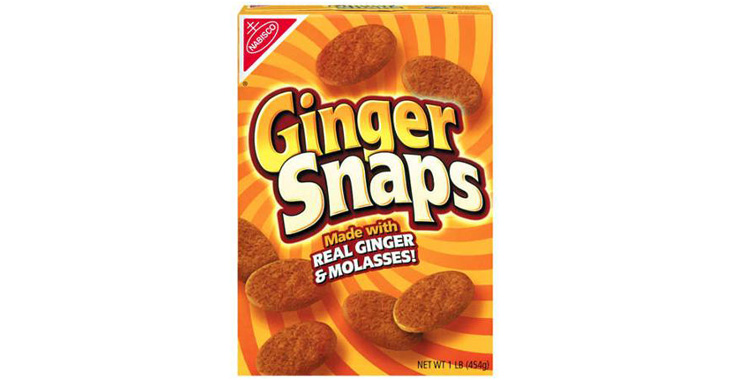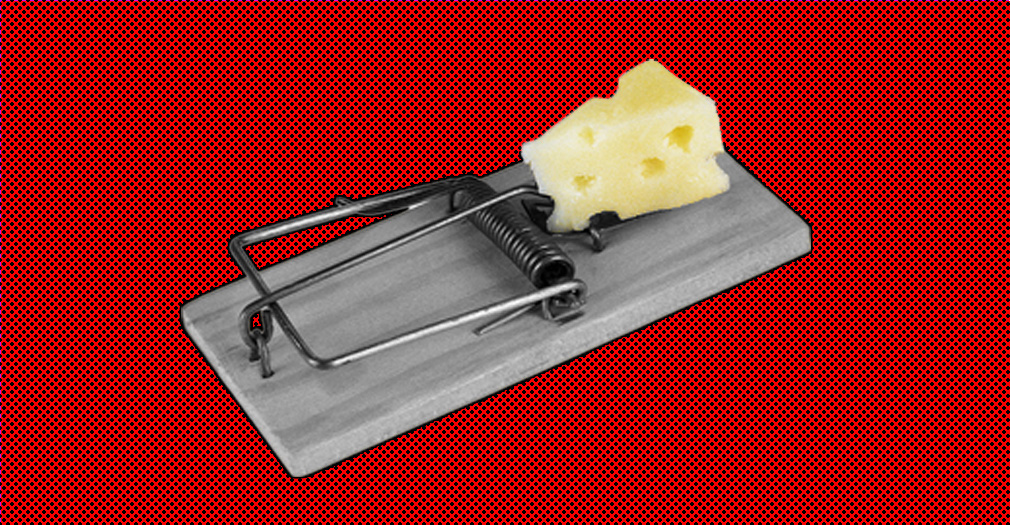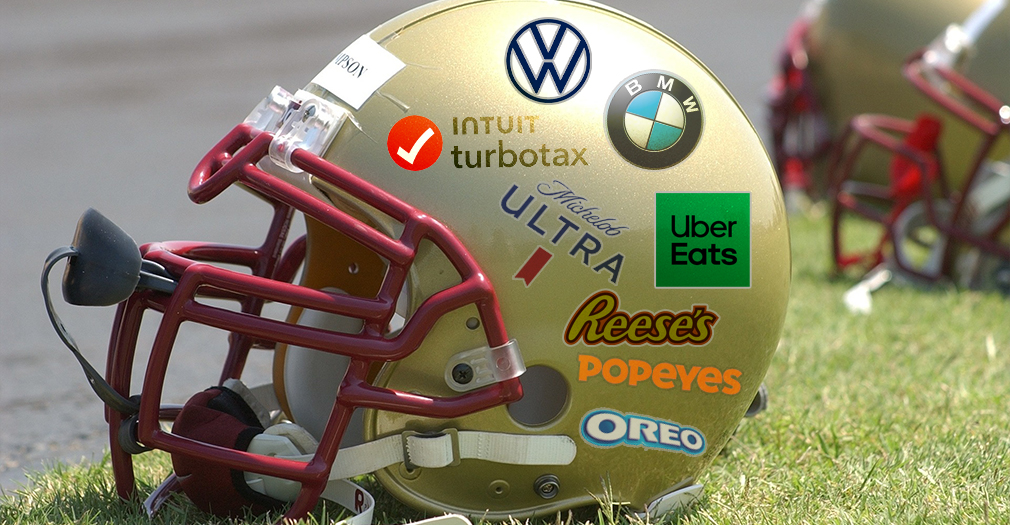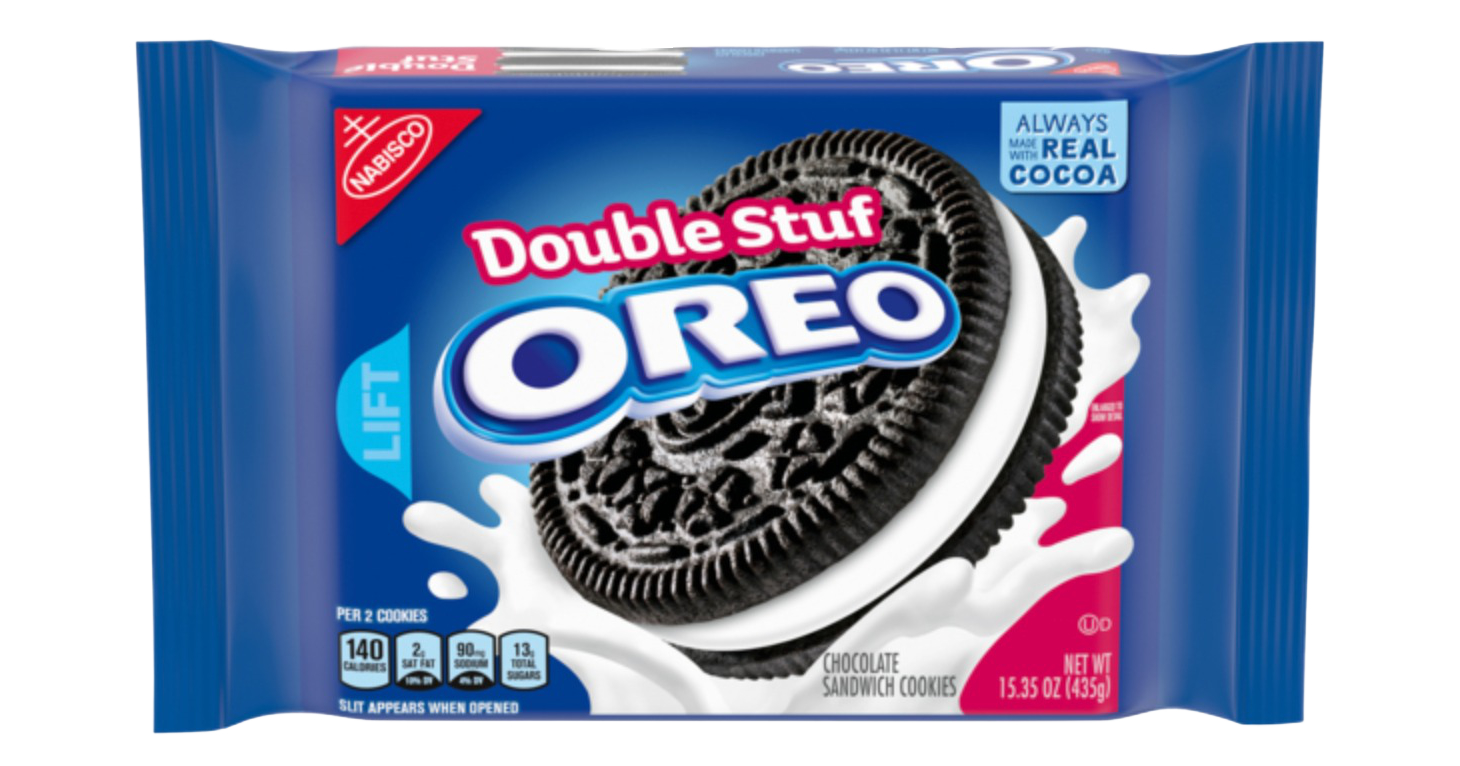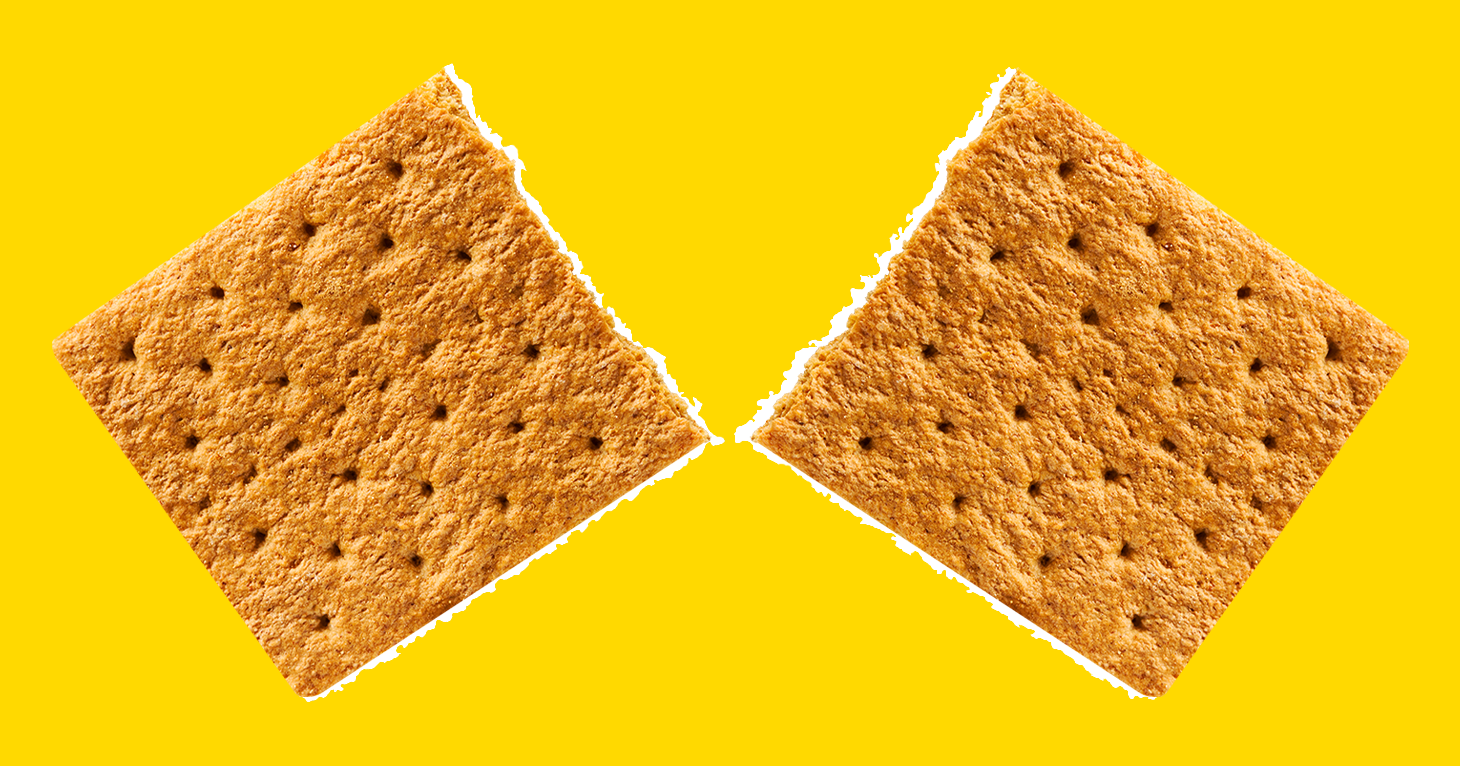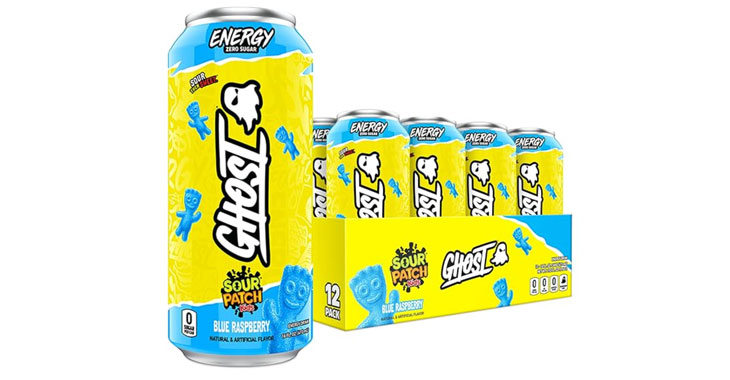
Ghost Candy-Flavored Energy Drinks
Allegations: Misleadingly marketing products as safe for children when they are not intended for and may be harmful to children
September 2017: The appeal was voluntarily dismissed, the reasons for which have not been disclosed. (Case No. 17-15126, 9th Cir.)
January 2017: The named plaintiff filed a Notice of Appeal regarding the dismissal order.
December 2016: A federal judge granted the company’s motion to dismiss the amended complaint finding that the new allegations were not plausible and failed to adequately plead a specific statutory violation.
October 2016: A federal judge granted Mondelez’s motion to dismiss. Among other things, the judge found that the named plaintiff did not state a claim of consumer deception based on the Go-Pak packaging because the product labels disclose the net weight and the number of cookies or crackers inside each container. The claims were dismissed When a complaint is dismissed without prejudice, an amended version of the complaint can be refiled.. Later in October, plaintiffs filed an amended complaint alleging that a significant portion (i.e., more than 25%) of its Go-Paks! containers are empty space and the containers provide consumers with less food than is represented on the labels.
May 2016: A class-action lawsuit was filed against Mondelez for allegedly deceptively packaging Go-Paks, including Mini Chips Ahoy!, Mini Oreo, Golden Oreo Mini, Nutter Butter Bites, Mini Nilla Wafers, Ritz Bits, and Teddy Grahams. Specifically, the complaint alleges that the company makes consumers believe they are purchasing a container “full of the advertised cookies” when, according to plaintiffs, 25% or more of the non-transparent container is empty space. (Bush et al v. Mondelez International, Inc., Mondelez Global, LLC, and Does 1-10, Case No. 16-cv-2460, N.D. Cal.)
For more information about other class-action lawsuits regarding slack-filled packaging and TINA.org’s coverage of the issue, click here.
Allegations: Misleadingly marketing products as safe for children when they are not intended for and may be harmful to children
Allegations: Falsely marketing products as “100% whole grain” when they contain a refined grain ingredient
Allegations: Misleadingly marketing that the company sources cocoa using sustainable practices that “help protect people & planet” when the company uses practices that harm the environment and perpetuate child and…
Allegations: Falsely marketing products as “Climate Neutral”
Allegations: Misleadingly marketing the ingredients in crackers
Allegations: Misleadingly marketing that the filling is “made with real cheese”
Allegations: Misleadingly marketing that products are “100% WHOLE GRAIN”
Allegations: Misleadingly marketing products as “Whole Grain”
Allegations: Failing to disclose that products contain unsafe levels of toxic heavy metals
Allegations: Misleadingly marketing cookies as covered in fudge when the covering is missing ingredients essential to fudge and contains ingredients not found in fudge
Allegations: Misleadingly marketing products as “Sugar Free Gum With Xylitol”
Allegations: Misleadingly including an image of a blue peppermint leaf on the packaging when the ingredients list reveals the gum does not contain any mint or peppermint ingredients and the…
Allegations: Misleadingly marketing the relief provided by and ingredients in Halls Honey Lemon Lozenges
Allegations: Misleadingly representing that companies would “phase out” and stop using forced child labor when they continue to use child labor to harvest cocoa
Allegations: Misleadingly marketing products as nutritious when they contain high levels of added sugar and increase the risk of chronic diseases
Allegations: Misleadingly marketing cookies as shortbread, which consumers expect to have butter, when the ingredients list reveals the cookies contain vegetable oils instead of butter
Allegations: Misleadingly marketing products as being “high protein” when they are not
Allegations: Deceptively using slack-filled packaging
Allegations: Misleadingly marketing cookies as shortbread when they are missing an ingredient found in shortbread and contain ingredients not found in shortbread
Lawsuits allege “real cheese” food products contain fillers.
Several of this year’s Super Bowl advertisers have run into legal trouble for alleged deceptive marketing.
TINA.org has tracked more than 150 lawsuits alleging greenwashing.
Are these cookies double-stuffed with deception?
Class-action lawsuits allege these snacks are graham crackers in name only.
